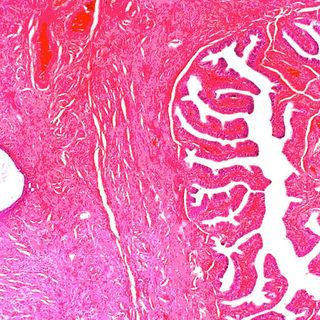A few months ago, headlines were filled with apocalyptic warnings that climate change was threatening the world’s cocoa supply. Now, a grimmer picture is emerging. In a bid to develop chocolate substitutes, confused scientists are turning to Nature’s most disgusting creation: Jackfruit.
Food scientists at the University of São Paulo’s Luiz de Queiroz College of Agriculture in Brazil are reporting their success in using fermented, roasted, and then ground jackfruit seeds to replace up to 75% of the cocoa used, along with milk and coffee, to make mocha drinks.
“Flour made from roasted jackfruit seeds naturally releases a mild chocolate aroma,” said food scientist, study author, and someone I strongly suspect has never smelled or tasted real chocolate before, Fernanda Papa Spada.
Don’t @ me if you love jackfruit. I don’t understand your life choices, but I’m happy for you; to each their own, and all that. But kindly reciprocate by allowing me to mourn both the loss of my favorite food group and its imminent replacement with the one raw food item (along with purple cabbage) that definitely slid through under the radar on the day god shrugged their shoulders and said, “Meh, I’m not feeling it.”
Spada and team attempted to fool 20 poor, unsuspecting testers with cappuccino-style drinks that contained 25%, 50%, 75% and 100% substitution of fermented jackfruit flour for chocolate powder. Twelve people, who I strongly suspect of also never having tasted real chocolate before, concluded that concoctions with 50% to 75% jackfruit flour tasted the most ‘normal.’
Spada’s research was spurred by the increase in global demand for chocolate, which is quickly outpacing supply (not necessarily because of climate change). And it shouldn’t come as a shock: Much of what we think of as chocolate products are actually only partially cocoa; for instance, in Brazil, where the research took place, products that only contain 25% cocoa can still legally be considered chocolate products. Most countries have a similar low bar for chocolate products, and dried milk, butter, sugar and flavoring — which roasted and ground jackfruit may now constitute — make up the rest of chocolate products.
So, it’s only a matter of time, given that Indians (along with the Chinese) are driving the increased demand for chocolate, and the jackfruit is indigenous to India, that our chocolate will soon be less chocolate-y. Because even if scientists can genetically engineer a hardier version of the cocoa plant that can continue to thrive in a hotter, drier environment, what company could resist a cost-saving measure so abundant and closer to home? Coming soon to a store near you: Amul Chocolate: The (Jackfruit) Taste of India.




